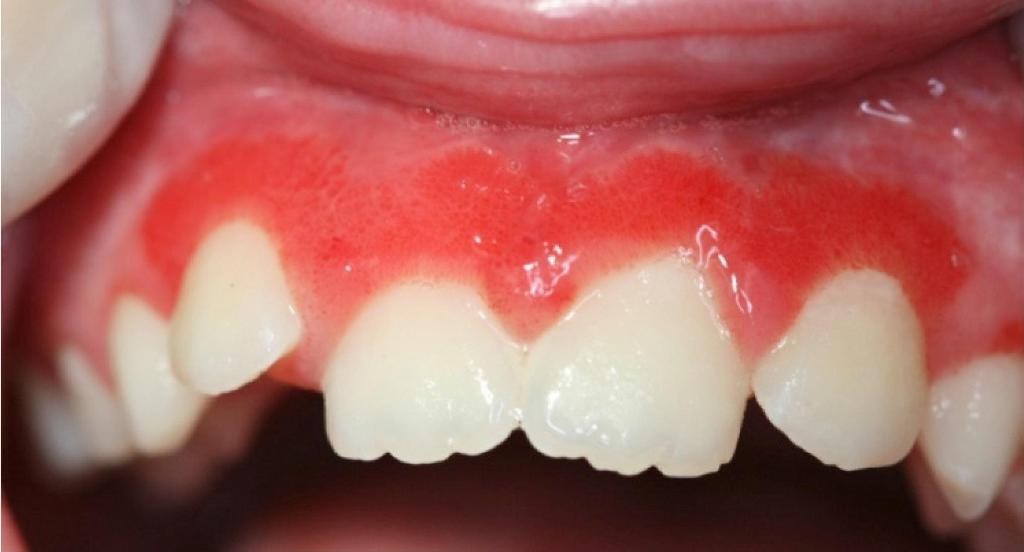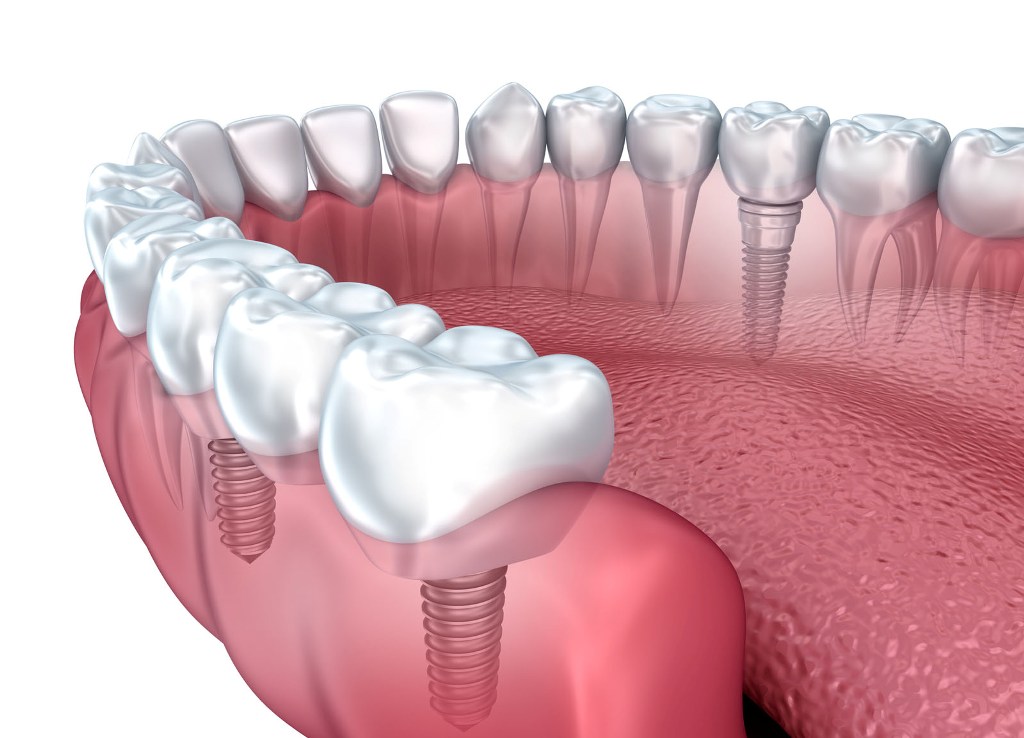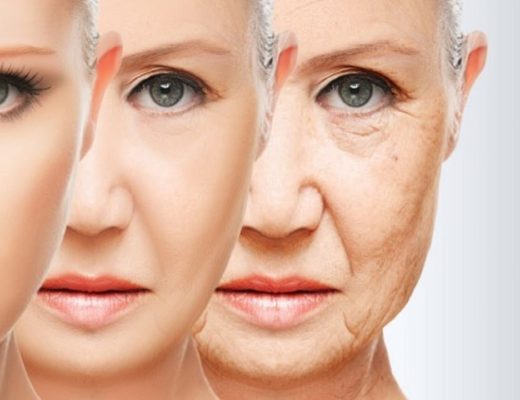Oral cancer also referred to as “mouth cancer,” is one of the most common cancers of the neck and head. The incidence of this type of cancer has increased by 15 percent from the mid-70s to 2004.
Statistics revealed that 10 out of 100,000 people might develop this type of cancer, with the risk higher in men than women. Age is also seen as a risk factor, with the dangers peaking between the ages of 60 and 70 years old. If you’re a woman living in Melbourne and are afraid you might have oral cancer, you may want to find a female Dentist in Melbourne. Around a female dentist you can be more comfortable, and that usually leads to a much better oral screening experience!
Diagnosis starts with an oral cancer screening, which includes a physical examination and biopsy of the affected tissue. During physical examination to determine whether mouth cancer is present, a dentist or physician looks for any abnormality (e.g., white patches and sores) in the lips and mouth. Upon finding a suspicious area, he may also require laboratory testing of cell samples taken through biopsy.
Over the years, worry surrounding oral cancer and its potential link to the use of dental implants has increased. This article aims to clarify this matter by dissecting the facts behind implants and research that have covered the matter thus far.
Understanding Dental Implants and SCC
Losing one’s teeth due to gum disease, decay, or injury is not uncommon. This may be the reason why more people are seeking to replace lost teeth with the help of fixed bridges, removable dentures, and dental implants.
Interestingly, the third and newer option has gained much attention in the field because of its capacity to improve oral appearance, offer better comfort and convenience, and durability.
Dental implants are tiny posts made from titanium steel that are surgically attached to the jawbone. As the name suggests, it works as a kind of replacement for lost teeth.

After a while, bone growth starts around the implant surface, providing a base for a porcelain replacement or the so-called “crown.”
But there’s a catch: the success of dental implants depends on the strength of the bone that supports it. Fortunately, advancements in dental care paved the way for dentists to find ways to work around this fact. In the past seven years, there have been two significant developments so far: the use of bone substitutes and smaller, stronger implants.
Despite the tremendous success recorded, worry continues to emanate in many patients due to several reports about the link of such a procedure to squamous cell carcinoma (SCC).
Known as the second most common type of skin cancer, SCC develops over areas exposed to UV rays, be it from the sun or tanning beds.
But how is that linked to mouth cancer?
What Studies Show
Some reports claimed dental implants might provide a “route of entry for squamous cell carcinoma” while others argue that cancer begins after the ingress of carcinogenic ionic debris from possible deterioration of metal used in the implant.
But while corrosion is not impossible especially with an electrochemical attack, it is very rare considering that titanium is an inert metallic ion. There has also been no substantial evidence that dental implants directly cause oral cancer.
From 2008 to 2017, six SCC cases were reportedly linked to dental implants. More than half of these patients had a history of OSCC. They may have also aggravated the risk of acquiring the condition due to alcohol and tobacco use.

Thus, a direct link between implants and mouth cancer wasn’t established. In many cases, oral cancer surrounding the implant presented itself as a peri-implantitis or inflammation of hard and soft tissues along the implanted area.
In some cases, peri-implantitis have been misdiagnosed as squamous cell carcinoma and vice versa. Many pieces of literature also revealed that patients with implants who were also diagnosed with SCC had a previous history of oral tumors.
Dozens of studies also agreed that there is a need for further study, finding that there is no significant change in the occurrence of mouth cancer in relation to dental implants.
The Verdict
The verdict: Dental implants don’t necessarily cause oral cancer. The confusion may have rooted in the similarity of cases of SCC and peri-implantitis. In any case, further research is required to effectively determine the veracity of claims stating that dental implants can cause oral cancer.




